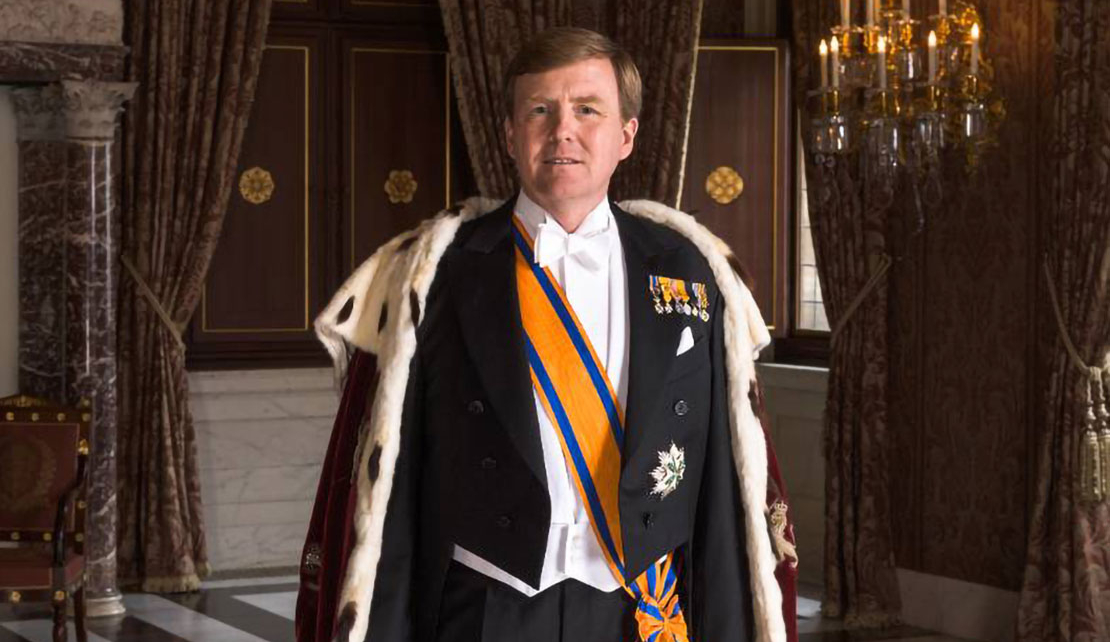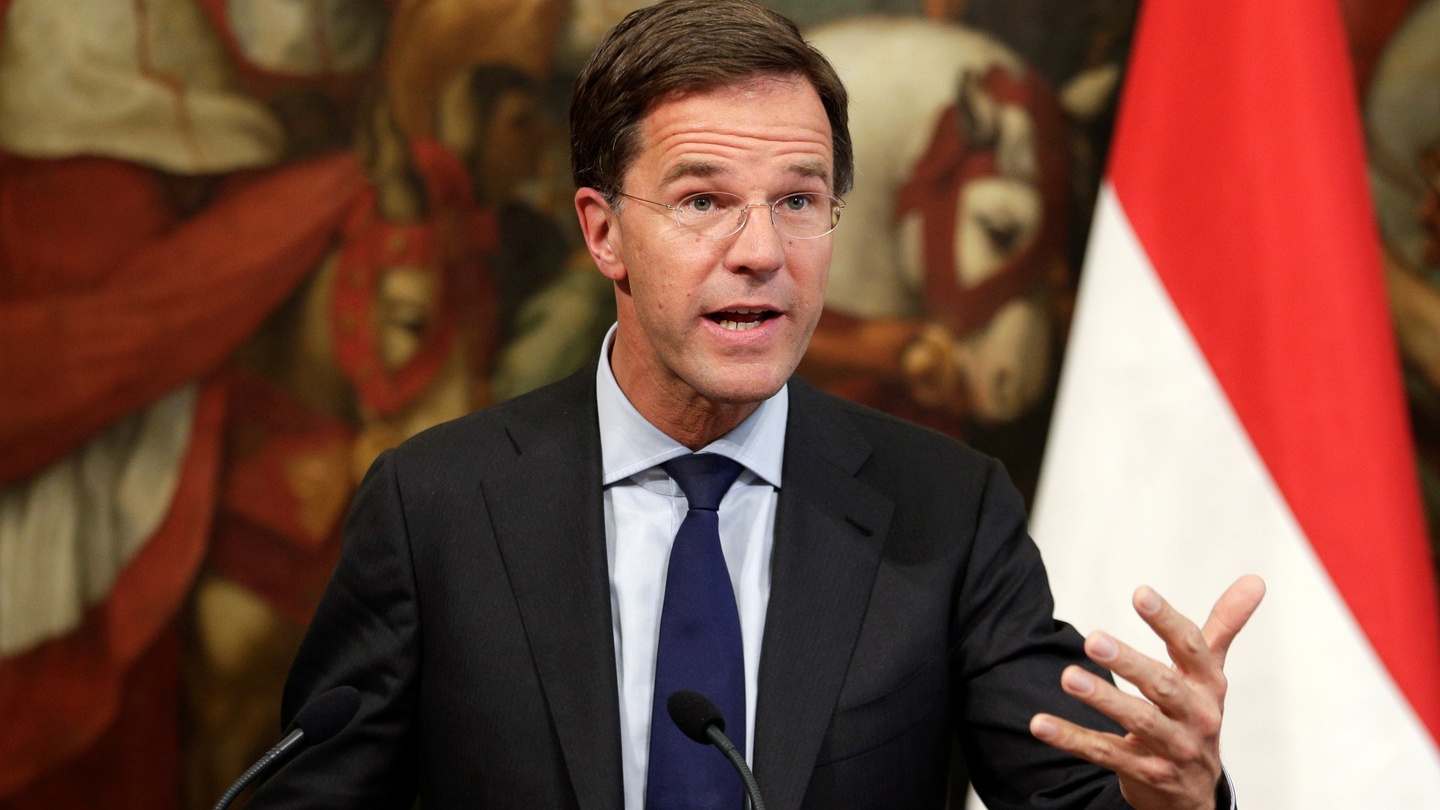Dutch king welcomes his government’s apology for slavery

THE HAGUE, December 27, 2022 - King Willem-Alexander of the Netherlands has welcomed Dutch Prime Minister Mark Rutte’s apology for his country's participation in the Transatlantic Slave Trade, saying it was the “beginning of a long journey.”
Delivering his Christmas message to the nation from the palace of Huis ten Bosch in The Hague, King Willem-Alexander said no one living in the Netherlands today could be held responsible for the inhumanity committed against men, women and children in the Netherlands’ former colonies.
“But by viewing our joint history in an honest way and by acknowledging the crime against humanity that slavery was, we are, however, laying the foundations for a joint future,” the king said.
“The apology offered by the government is the start of a long journey,” he added.

In its plans to confront the country’s participation in the Transatlantic Slave trade, the Netherlands declared 2023 as a year of commemoration, featuring several major events and announcing a €200 million ($212 million) fund for social initiatives.
The Dutch King said the royal household would participate actively in the plan which has at its base, opposition to all forms of discrimination, exploitation and injustice, he said.
In the meantime, while Prime Minister Rutte’s apology was generally welcomed in most quarters, some slavery commemoration organizations wanted the apology to be offered on July 1, 2023.
Descendents of Dutch slavery will then celebrate 150 years of freedom from slavery in an annual celebration called “Keti Koti” (Breaking the Chains) in Suriname.
Chairman of Suriname’s National Reparations Committee, Dr Armand Zunder said the apology by the Dutch Prime Minister on December 19, 2022 did not emerge out of dialogue. Rather i“It was actually a one-way street approach,” but said it was accepted in good faith.
He said Guyana’s omission was pointed out to six Dutch Ministers in December, 2022 and in September, the Suriname Reparations Committee had recommended to Prime Minister Rutte that the letter of apology be drafted jointly.
The apology was also made to the Dutch Antilles of Aruba, Bonaire, Curacao, Saba, and Dutch St Maarten. Dr Zunder noted that the apology did not extend to Indigenous Peoples in Suriname.
The Guyana Reparations Committee (GRC) was not totally happy with the Netherland’s apology as it did not include Guyana as a former colony.
GRC Chairman Dr Eric Phillips expressed disappointment that The Netherlands only apologised to its former colony, Suriname, and its remaining dependencies in the Caribbean.
“We in Guyana were somewhat dismayed that our country was not mentioned in the apology by Prime Minister Mark Rutte because Guyana was a Dutch colony from 1616 to 1812, a period of 196 years,” Dr Eric Phillips told the Caribbean Reparations Commission’s response entitled “Apology To Action” in response to Mr Rutte’s apology. In 1814, the British had bought Berbice, Demerara and Essequibo had been bought to form British Guiana in 1831.
Chairman of the Caribbean Reparations Commission, Professor Hilary Beckles said the “formal apology is significant” and an “enlightened development” but did not make mention of the survivors of that crime and so the victim community in the Caribbean and elsewhere are not stakeholders.
He said the statement was being challenged because Prime Minister Rutte did not seek to mobilise Caribbean’s input and support. “It is a statement that is unilateral in its conception and execution and we are of the opinion that it is only multilateralism and full inclusion of all stakeholders that will give us the impetus that we need to move forward in a dignified way in the matter of an apology,” said Professor Beckles who is also Vice Chancellor of the University of the West Indies.
He said the Dutch pioneered slavery and made The Netherlands one of Europe’s most developed States. The Caribbean Reparations Commission, he said, was now eager to meet with The Netherlands government to discuss reparations.
The Netherlands is believed to have enslaved an estimated 600,000 people, mostly in South America and the Caribbean, before officially abolishing slavery on July 1, 1863.
